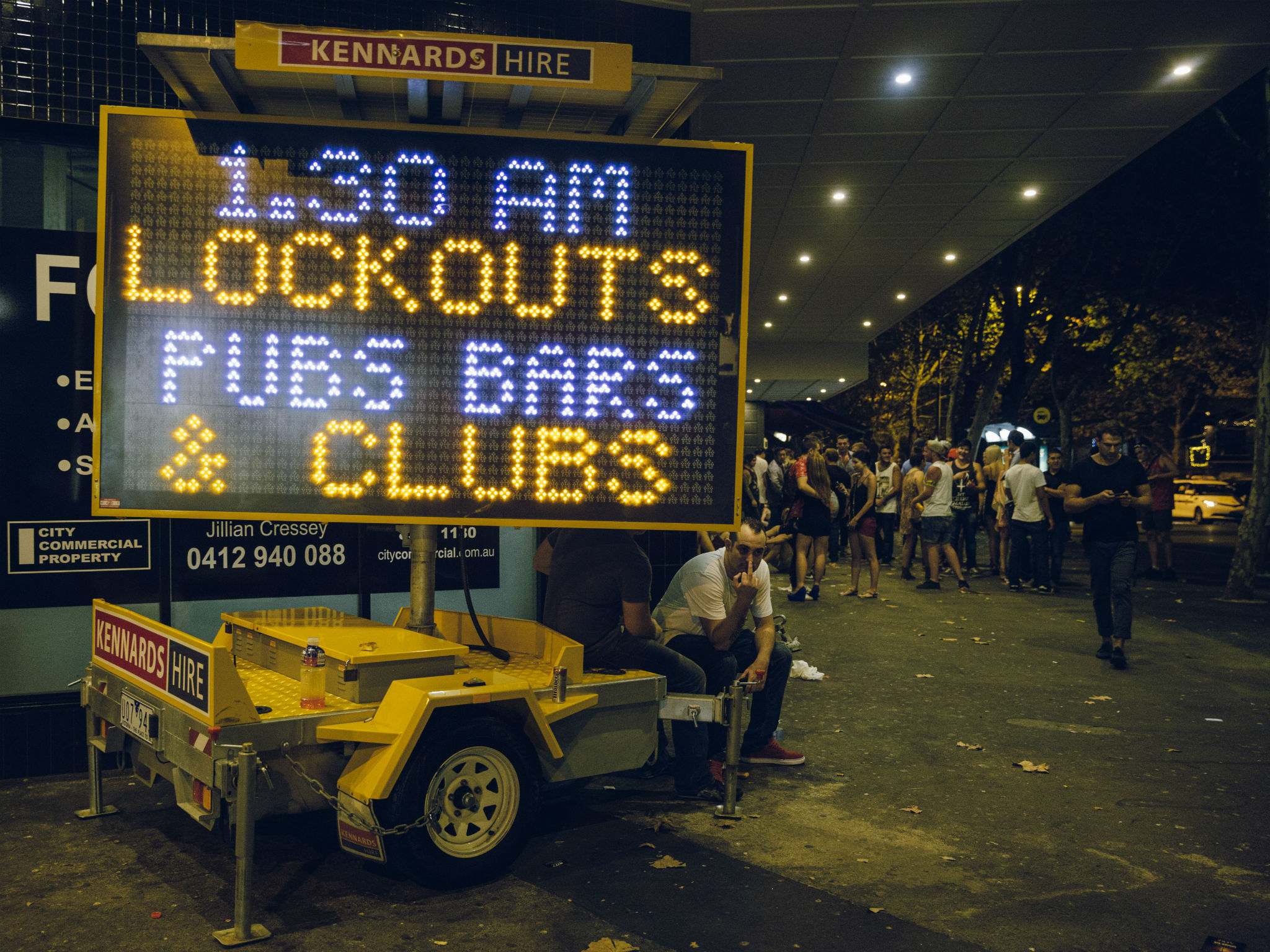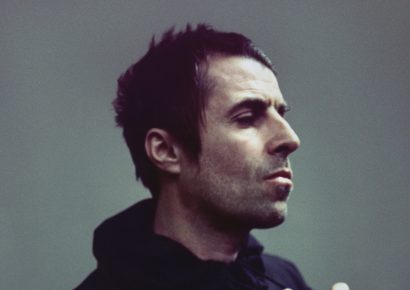It’s time to take some notes from a certain Melbourne.
After receiving close to 800 submissions, the NSW parliamentary Joint Select Committee on Sydney’s Night Time Economy began hearings earlier this month. Not surprisingly, the music industry pushed to drop the lockouts.
City of Sydney mayor Clover Moore pointed out that 500,000 fewer young Sydneysiders have visited the central business district as a result of lockout laws. The Ivy said its trade was down 53 per cent since lockouts began in 2014, the Beauchamp by 50 per cent and the Hollywood Hotel by 35 per cent. The Electronic Music Conference (EMC) noted that the electronic dance music scene was the first to be hit as it centres mostly around late nights. After a strong turnout at the first EMC, the number of delegates outside Sydney dropped drastically with complaints they couldn’t find the acts they wanted to see because of a lack of venues (418 have closed since 2014, according to one report), and sneered at Sydney’s supposed reputation as a global city.
A soon-to-be-published survey by Music NSW of DJs and live musicians found that 85 per cent reckon the lockouts have impacted their careers, and 75 per cent believe the number of gigs they play has declined. In terms of money made from gigs, 40 per cent said it went south in the last five years, 36 per cent estimate it remained the same, 4 per cent think it increased, and 19 per cent weren’t sure.
Many of the submissions and hearings agreed that the “new” night time Sydney would have to be built on the premise that whatever issues were around to cause the introduction of the lockouts have now been sorted out. So the new 24-hour Sydney would be based on growing the forecasted $16 billion that its night-time economy is currently losing out on (according to the Deloitte Access Economics study Imagine Sydney: Play), and adapt to the new landscape.
Learning from Melbourne is high on the list. This includes a strategic plan for contemporary music which will identify short, medium and long-term actions to support the growth of live music and other small live cultural events; as well as encouraging the establishment of live music. The NSW government is urged to increase its investment in music four-fold to keep up with Victoria’s $22.3 million Music Works package, and to consider Melbourne’s 24-hour public transport on Fridays and Saturdays.
Other ideas are to fund the establishment of medium-sized venues; set up a late-night task force or appoint a night mayor; focus on a diverse night-time economy that is not centred around the consumption of alcohol; provide incentive for those venues who operate without incidents; overhaul the state’s licensing laws; fund extra services for police and emergency services; and find ways for tourists to access transport as well as sports and cultural facilities.
A change of the rules could see a bookstore by day become a small bar by night, or allow all-night facilities like laundromats to showcase acoustic gigs, and encourage industrial warehouses deserted at night to become venues.







